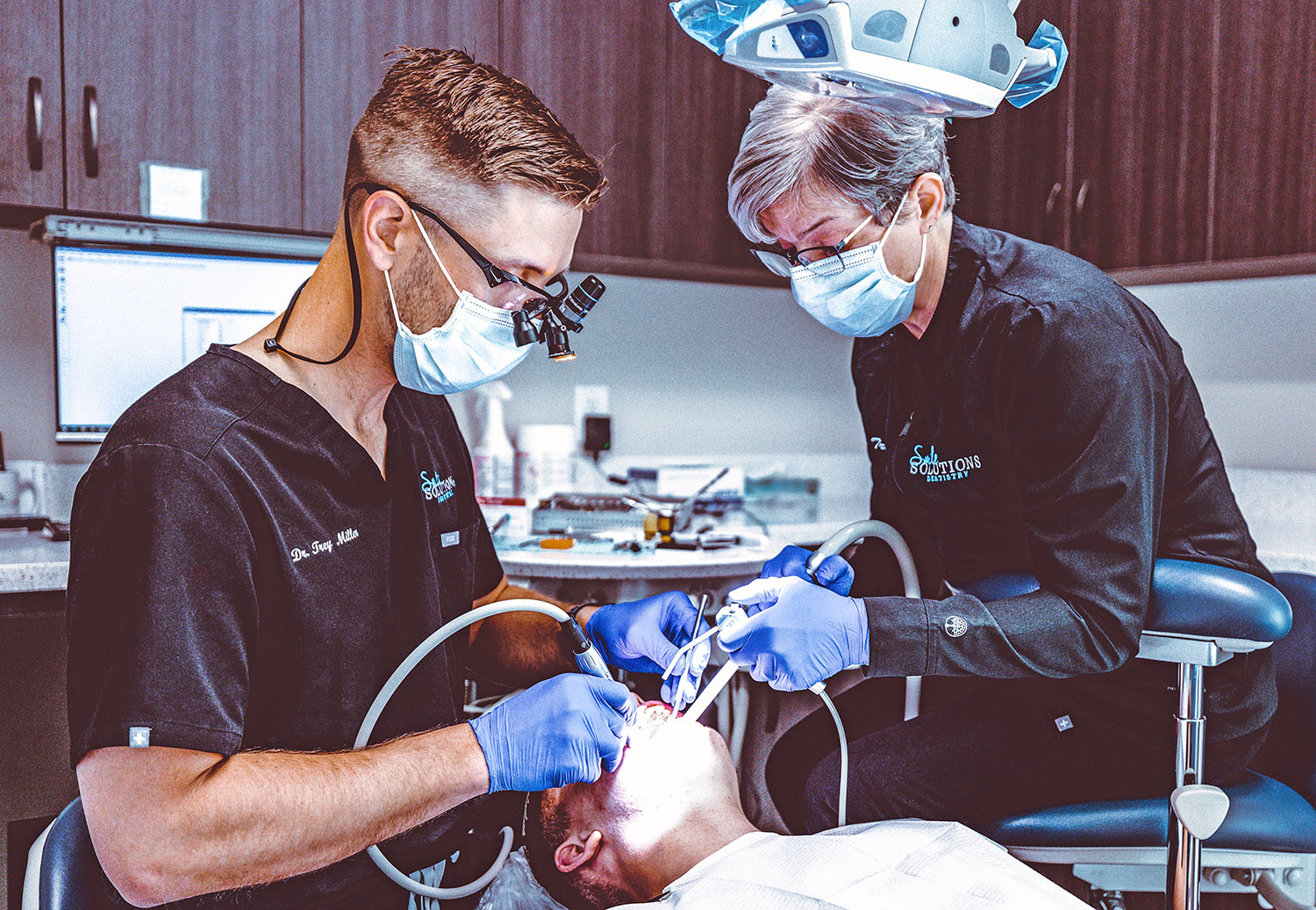Autoimmune Diseases and Oral Health: Understanding the Connection
Autoimmune diseases occur when the immune system mistakenly attacks the body’s own tissues, leading to a variety of health problems. While their effects on joints, skin, and other organs are well-known, the impact on oral health is often overlooked. However, for many people living with autoimmune conditions, dental issues can be a significant concern. This article explores how autoimmune diseases can affect your oral health and why it’s important to address these issues in collaboration with your dentist and physician.
1. Sjogren’s Syndrome
Sjogren’s Syndrome primarily affects the glands that produce saliva and tears, leading to dry mouth (xerostomia). Saliva is essential for maintaining oral health, as it helps neutralize acids and wash away food particles. Without enough saliva, the risk of cavities, gum disease, and oral infections increases significantly.
2. Rheumatoid Arthritis (RA)
Rheumatoid arthritis can heighten the risk of periodontal (gum) disease and may also affect the temporomandibular joint (TMJ), leading to jaw pain and difficulty chewing. The inflammation associated with RA can make maintaining good oral hygiene more challenging, which can contribute to further dental complications.
3. Systemic Lupus Erythematosus (SLE)
Lupus can cause mouth ulcers and increase susceptibility to oral infections. Additionally, it can lead to dry mouth, which raises the likelihood of dental decay and gum disease. The combination of these factors can make managing oral health particularly difficult for those with lupus.
4. Type 1 Diabetes
Type 1 diabetes, an autoimmune condition, can have a significant impact on oral health. Poor blood sugar control is linked to a higher risk of gum disease, dry mouth, and fungal infections like thrush. Additionally, diabetes can slow down the healing process, making it harder for the mouth to recover from injuries or surgeries.
5. Pemphigus Vulgaris
Pemphigus vulgaris is a rare autoimmune disorder that causes painful blisters and sores on mucous membranes, including the inside of the mouth. These sores can make it difficult to eat, speak, and maintain oral hygiene, leading to secondary dental issues.
6. Hashimoto’s Thyroiditis
Hashimoto’s thyroiditis, which leads to hypothyroidism, can cause dry mouth, increasing the risk of gum disease. Over time, it may also affect dental alignment and overall oral health, complicating the management of dental care for those with this condition.
7. Celiac Disease
Celiac disease can result in enamel defects, delayed tooth eruption, and a higher incidence of mouth ulcers. The condition’s impact on nutrient absorption can also affect oral health, as the body may struggle to get the vitamins and minerals needed for strong, healthy teeth.
8. Scleroderma
Scleroderma can cause changes in the shape and function of the mouth, leading to conditions like microstomia (a reduction in the size of the mouth opening), which can make oral care more challenging. These changes can complicate routine dental hygiene practices and require specialized care.
Final Thoughts
Autoimmune diseases can have a profound impact on oral health, often in ways that are not immediately apparent. Addressing these issues requires a comprehensive approach that includes regular dental care and close collaboration with your healthcare providers. This article provides an overview of the potential oral health challenges associated with autoimmune diseases, but it’s important to consult with both your dentist and family physician to develop a care plan tailored to your specific needs.




